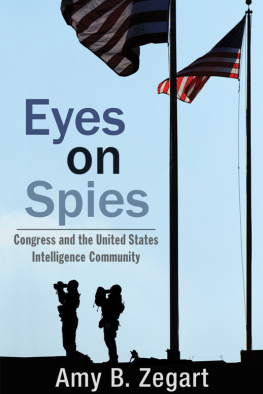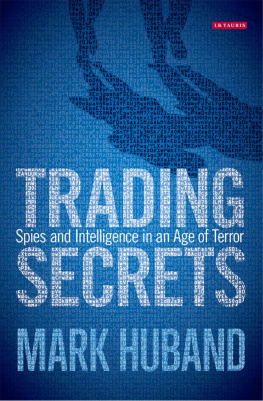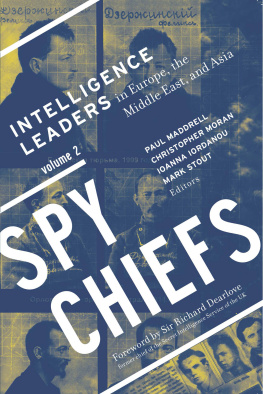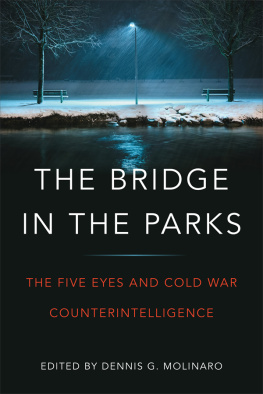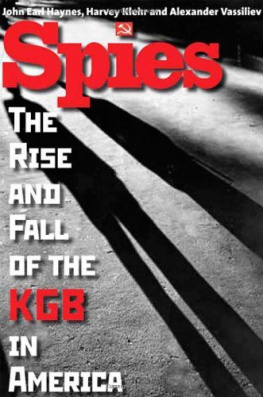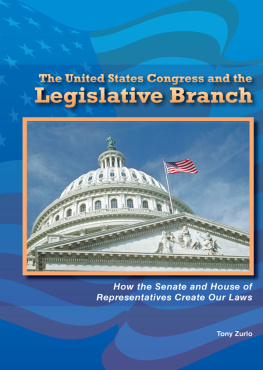Amy B. Zegart - Eyes on Spies: Congress and the United States Intelligence Community
Here you can read online Amy B. Zegart - Eyes on Spies: Congress and the United States Intelligence Community full text of the book (entire story) in english for free. Download pdf and epub, get meaning, cover and reviews about this ebook. year: 2011, publisher: Hoover Institution Press, genre: Politics. Description of the work, (preface) as well as reviews are available. Best literature library LitArk.com created for fans of good reading and offers a wide selection of genres:
Romance novel
Science fiction
Adventure
Detective
Science
History
Home and family
Prose
Art
Politics
Computer
Non-fiction
Religion
Business
Children
Humor
Choose a favorite category and find really read worthwhile books. Enjoy immersion in the world of imagination, feel the emotions of the characters or learn something new for yourself, make an fascinating discovery.
- Book:Eyes on Spies: Congress and the United States Intelligence Community
- Author:
- Publisher:Hoover Institution Press
- Genre:
- Year:2011
- Rating:3 / 5
- Favourites:Add to favourites
- Your mark:
- 60
- 1
- 2
- 3
- 4
- 5
Eyes on Spies: Congress and the United States Intelligence Community: summary, description and annotation
We offer to read an annotation, description, summary or preface (depends on what the author of the book "Eyes on Spies: Congress and the United States Intelligence Community" wrote himself). If you haven't found the necessary information about the book — write in the comments, we will try to find it.
Amy B. Zegart: author's other books
Who wrote Eyes on Spies: Congress and the United States Intelligence Community? Find out the surname, the name of the author of the book and a list of all author's works by series.
Eyes on Spies: Congress and the United States Intelligence Community — read online for free the complete book (whole text) full work
Below is the text of the book, divided by pages. System saving the place of the last page read, allows you to conveniently read the book "Eyes on Spies: Congress and the United States Intelligence Community" online for free, without having to search again every time where you left off. Put a bookmark, and you can go to the page where you finished reading at any time.
Font size:
Interval:
Bookmark:

 | The Hoover Institution gratefully acknowledges the following individuals and foundations for their significant support of the KORET-TAUBE TASK FORCE ON NATIONAL SECURITY AND LAW |
Koret Foundation | |
Tad and Dianne Taube Taube Family Foundation | |
James J. Carroll III Jean Perkins Foundation |

Median ADA Scores for House Intelligence Committee Democrats vs. House Democrats Overall, 19892006 |
Median ADA Scores for House Intelligence Committee Republicans vs. House Republicans Overall, 19892006 |
Median ADA Scores for Senate Intelligence Committee Democrats vs. Senate Democrats Overall, 19892006 |
Median ADA Scores for Senate Intelligence Committee Republicans vs. Senate Republicans Overall, 19892006 |
Legislative Activity Levels of Senate Intelligence vs. Other Policy Committees, 1985, 1990, 1995, 2000, and 2005 |
Percent of Total Senate Bills Considered by Committees, 1985, 1990, 1995, 2000, and 2005 |
Senate Select Committee on Intelligence Consistently Holds Fewer Hearings than Other Senate Committees, 19852005 |
House Permanent Select Committee on Intelligence Consistently Holds Fewer Hearings than Other House Committees, 19852005 |
Foreign Affairs Interest Groups are Significantly Less Prevalent than Other Interest Group Types, 2008 |
Percent of Lobbyists by Industry, 19982008 |
Percent of Lobby Spending by Industry, 19982008 |
Earmark Percent of Intelligence vs. Other Budgets, FY 2008 |
Decline in Movers and Shakers Serving on Intelligence Committees, 19772007 |
Percent of Long-Termers Serving on Senate Banking, Armed Services, and Intelligence Committees, 19752008 |
House Committee Staff Levels, 19772007 |
Senate Committee Staff Levels, 19772007 |
Senate Appropriations Subcommittee Budget Workload, FY 2010 |
Divided and Unified Government Since 9/11 |
Font size:
Interval:
Bookmark:
Similar books «Eyes on Spies: Congress and the United States Intelligence Community»
Look at similar books to Eyes on Spies: Congress and the United States Intelligence Community. We have selected literature similar in name and meaning in the hope of providing readers with more options to find new, interesting, not yet read works.
Discussion, reviews of the book Eyes on Spies: Congress and the United States Intelligence Community and just readers' own opinions. Leave your comments, write what you think about the work, its meaning or the main characters. Specify what exactly you liked and what you didn't like, and why you think so.

